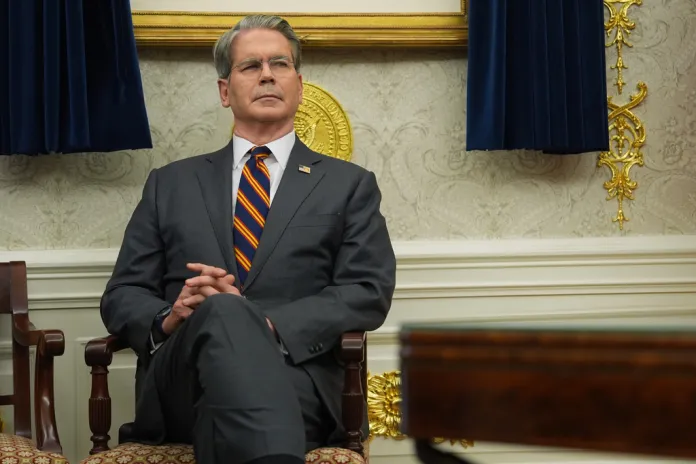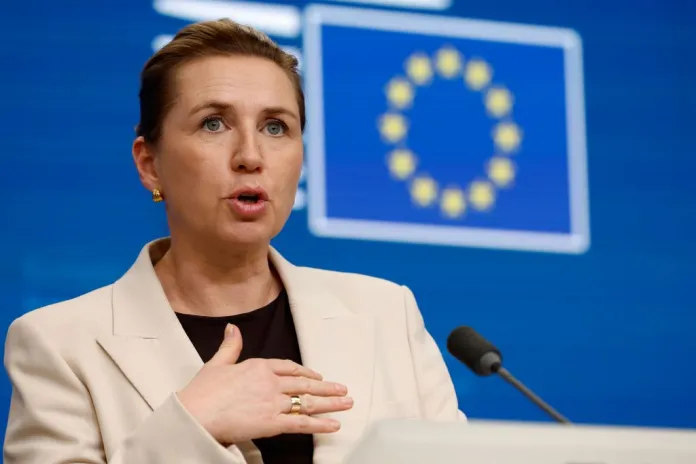Denmark’s Bold Plan Gives Citizens Legal Protection Against AI Threat
Denmark is taking steps to combat the proliferation of deepfake technology, which uses artificial intelligence to create realistic reproductions of individuals’ likenesses in images, videos, or audio. The Danish government is proposing a new copyright law that would allow citizens to demand the removal of deepfakes featuring their likeness from online platforms. This law aims to give individuals rights over their own images, voices, adn facial features, addressing the current inadequacies in legal protection against generative AI.
Danish Culture Minister Jakob engel-Schmidt emphasized that this legislation sends a clear message regarding individual rights over personal appearances in the digital sphere. The proposed measure has garnered support from approximately 90% of the Danish Parliament and could set a precedent in Europe if enacted.
While the law seeks to protect citizens,many challenges remain,including the effectiveness of enforcement against deepfakes hosted internationally and potential backfire effects,such as the streisand Affect,where attempts to suppress content may inadvertently increase its visibility. Critics are concerned that lawmakers may struggle to keep up with the rapid advancements in AI technology, highlighting the complexities of regulating digital content that crosses national borders.
Artificial intelligence is accelerating rapidly and will surely continue to pose unique challenges in almost every sphere of life.
The Guardian wrote Friday that Denmark is trying to make strides in combating problems its citizens may face in their likeness being used by AI.
The country’s government wants to address deepfakes — images, videos, or audio generated by AI depicting individuals — being created and circulated through new copyright law.
The change to current law, says the Guardian, would in theory give Danish citizens the ability to demand deepfakes of their likeness be taken down by online platforms. The law would give citizens a right to their own image, facial features, and voice.
The Danish culture minister, Jakob Engel-Schmidt, told the outlet, “In the bill we agree and are sending an unequivocal message that everybody has the right to their own body, their own voice and their own facial features, which is apparently not how the current law is protecting people against generative AI.”
The minister added that “of course this is new ground we are breaking, and if the platforms are not complying with that, we are willing to take additional steps.”
He indicated that technology companies could receive “severe fines” if they did not comply with the law.
Roughly nine out of ten members of the Danish parliament support this bill, per the Guardian. It would be the first of its kind in Europe if passed.
The Associated Press reported that countries like South Korea have taken measures against spreading deepfake pornographic images, while the United States passed a similar law in May.
According to the outlet, “parodies and satire” would still be permissible, and violators would not but subject to imprisonment.
In some respects, this could arm citizens to be more protective of themselves online.
AI is certainly a growing concern as it learns and becomes more realistic in its depictions. It will only be a matter of time — if we are not already there — before AI can convincingly depict someone committing a heinous crime in a fashion indistinguishable from reality.
There are reasons to be pessimistic in the execution of any such law. The rapidity with which AI is improving presents lawmakers with a battle in which they will struggle to keep pace.
What if a Danish citizen has their likeness depicted on a website hosted outside of the country by an individual outside of Denmark?
There’s also the matter of the Streisand Effect. According to Psychology Today, in 2003, Barbra Streisand tried to sue a photographer for taking a picture of her Malibu home for $50 million, claiming it was violation of privacy. The ensuing publicity from the lawsuit ensured the image of Streisand’s residence was seen by more people than the photographer’s work alone could have garnered.
The Streisand Effect denotes attempts to suppress or censor totally backfiring and making the subject of censorship — such as images or video — even more popular.
The Danish may have more than a few cases like this on their hands. Cyberspace is not nationally limited. No matter how much countries can do to pass laws to their citizens benefits, this behemoth is global.
It is right to give someone the means to protect their likeness from fabrications through AI, but lawmakers will probably find themselves a few steps behind the next problem.
Advertise with The Western Journal and reach millions of highly engaged readers, while supporting our work. Advertise Today.
" Conservative News Daily does not always share or support the views and opinions expressed here; they are just those of the writer."



